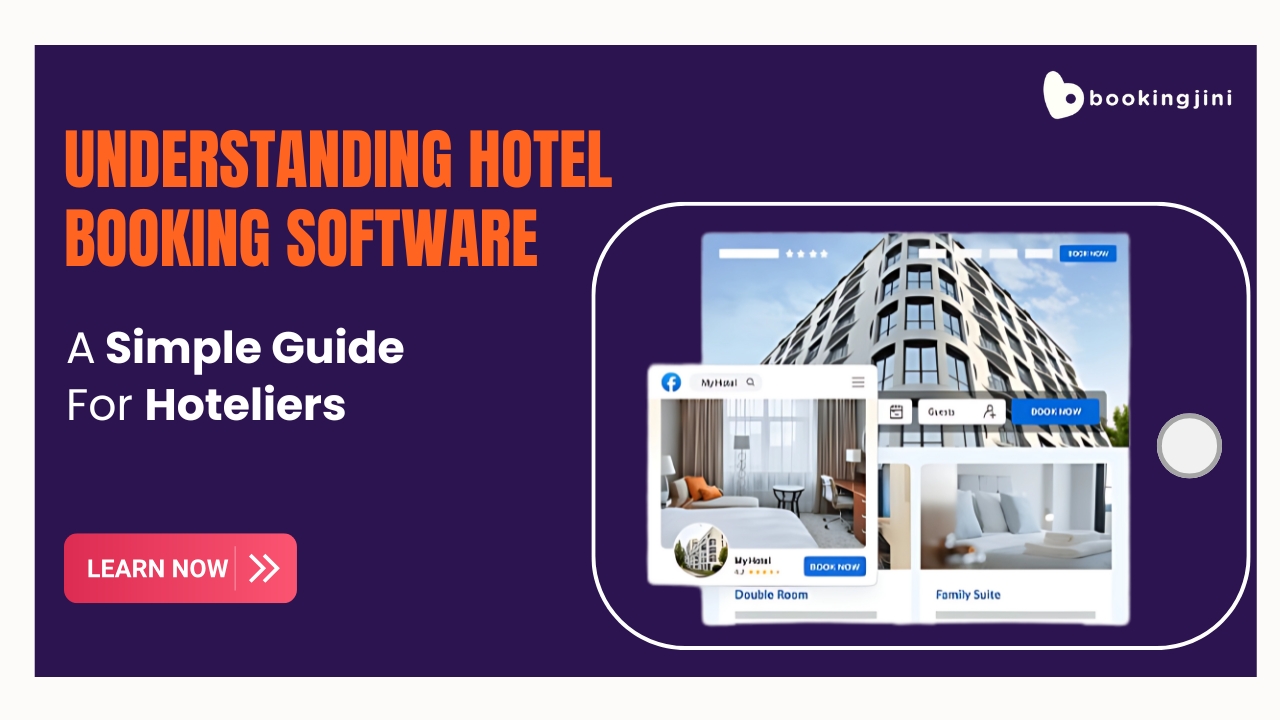Smart Pricing Tips to Maximize Your Hotel Revenue
1. Understand Historical Data
Analyze past booking trends — when is demand typically high (festivals, wedding season, holidays)? When is it low? Use this data to forecast demand and adjust pricing in advance.Tip: Use your PMS or RMS to identify patterns in occupancy and average daily rate (ADR).
2. Keep an Eye on Local Events
Events like conferences, concerts, or local festivals can cause sudden spikes in demand. Monitor the local calendar and increase rates accordingly.
Bonus: Partner with event organizers for early insights!
3. Use Real-Time Booking Trends
Don’t just rely on historical data — monitor current booking velocity. If rooms are filling up faster than usual, raise the price. If bookings are slow, consider a promotional rate to drive demand.
4. Segment Your Guests
Business travelers, families, and last-minute bookers behave differently. Tailor rates for each segment based on their booking habits and willingness to pay.
5. Implement Dynamic Pricing
Use software or channel managers that support dynamic pricing — automatically adjusting rates in real-time based on demand, availability, and competitor pricing.
6. Track Competitor Rates
Regularly check your comp set. While you don’t need to match them, knowing their pricing helps you position your hotel smartly — whether you want to attract value-seekers or premium guests.
7. Don’t Undervalue During Low Demand
Instead of slashing prices, offer added value — like free breakfast, late checkout, or spa credits — to maintain brand value while still filling rooms.
In Summary:
Setting the right rate is an art and a science. By combining data, technology, and a little local insight, your hotel can maximize revenue without compromising guest experience.


